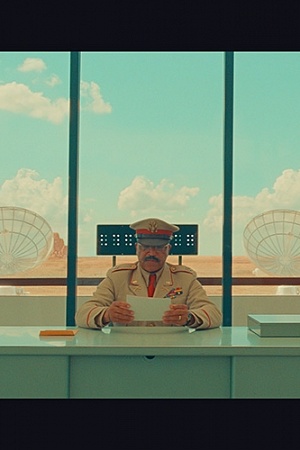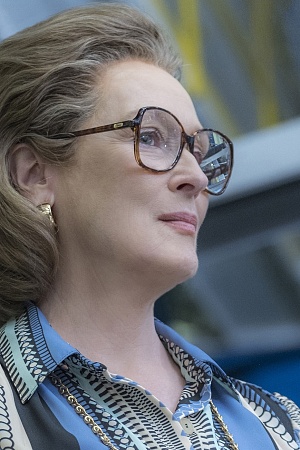Spectre
It has been intriguing to watch the culture war surrounding the James Bond franchise. Slowly mobilising for a while now, the lead-up to the latest instalment, Spectre, the twenty-fourth Bond film, and the second directed by Sam Mendes, has seen it kick up a notch. Is the character a misogynist? Is he too violent? Maybe the next Bond should be black – a debate fuelled by internet outrage over a comment by Anthony Horowitz, author of the latest Bond novel, that Idris Elba, star of the BBC series Luther and a possible future contender for the role, was 'a bit too rough, a bit too street' to play the spy.
Of course, Bond has always been appropriated and contested. The character was a product of the fiercely anti-communist, upper-class politics of English writer, Ian Fleming. President John F. Kennedy cited Fleming as his favourite author, and long-serving US intelligence director Allen Dulles encouraged Fleming to portray the Central Intelligence Agency in a favourable light. The Agency even attempted to copy some of Bond's more memorable gadgets. For their part, the Soviets banned the Bond books and films, branded 007 a sadist and a Nazi, and came up with their own fictional spies.
Continue reading for only $10 per month. Subscribe and gain full access to Australian Book Review. Already a subscriber? Sign in. If you need assistance, feel free to contact us.











Leave a comment
If you are an ABR subscriber, you will need to sign in to post a comment.
If you have forgotten your sign in details, or if you receive an error message when trying to submit your comment, please email your comment (and the name of the article to which it relates) to ABR Comments. We will review your comment and, subject to approval, we will post it under your name.
Please note that all comments must be approved by ABR and comply with our Terms & Conditions.